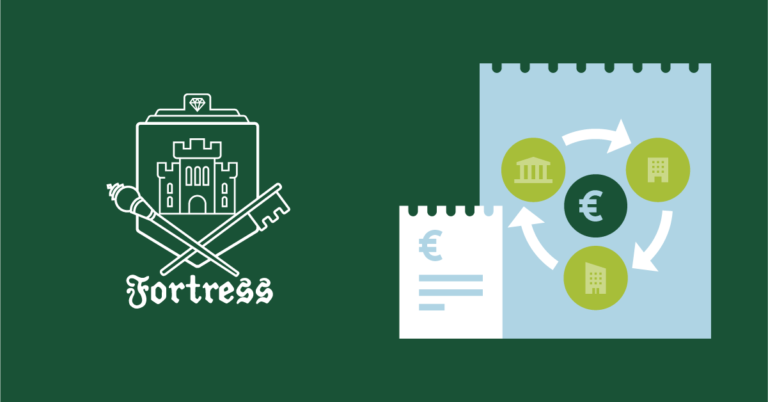When you think of major tech hubs across the globe, Lithuania is not an obvious place that comes to mind. But this looks to be changing, with the Baltic state home to a vibrant and growing tech scene, which has been bubbling under the surface for some time. Recent research suggests that the Eastern and Central Europe cloud computing industry, over the next few years, will grow by about 20% and Lithuania is at the forefront of this renaissance.
The Lithuanian economy is one of the fastest growing in the European Union and was recently placed 24th on The Ease of Doing Business Index. During this impressive period of strong economic growth, there has been a gradual shift towards a more knowledge-based economy, with biotech, mechatronics and IT playing an important role. This shift in economical focus has made it a great place for cloud companies to invest and, as a result, a new kind of worker is coming to the fore that is driving the tech sector.
An overflowing talent pool
The local talent pool was one of the major reasons that we at Virtustream opened our Lithuanian office in Kaunas two years ago to drive software development. The IT talent pool was evident from very early on, when the office held a mere 40 IT specialists, who were working as programmers and system administrators. In addition to specialisms in these areas Lithuania has a growing number of women working in technical roles. This progressive nature of the tech scene in Lithuania is encouraging and offers a hungry, talented workforce for cloud computing companies to work with. Thanks to these talented IT specialists giants such as Barclays, Western Union and Danske Bank now have a presence in the region. But what has led to the creation of this talent pool of technically gifted IT workers that makes the country so attractive to global businesses?
Silicon Valley? Try Santaka Valley
At the heart of this revolution, both geographically and economically, is Lithuania’s second largest city: Kaunas. Seen as a leading centre for economics and academic life, IT and electronics has become an important strand of business in the city with the likes of ACME Group and Net Frequency conducting operations there. Central to the thriving tech hub is The Santaka Valley and the Kaunas University of Technology (KTU). Currently there is an estimated 50,000 students enrolled at the university, making it the largest technical university in the Baltic States. It very much acts as a breeding ground for some of the most technically gifted students in Central Europe, streaming them into the ever growing Lithuanian IT talent pool.
The aforementioned Santaka Valley is also a key player on the Lithuanian tech scene. Co-ordinated by the Kaunas University of Technology, it plays a large role in the technology scene and is home to a number of high-tech businesses such as the Italian company Grupp Fos and Virtustream. Virtustream in particular has a strong partnership with KTU as well – besides sharing space on their campus we regularly speak at their conferences and conduct job fairs for their students. With the university feeding into the local tech scene, there is an intense “talent war” raging in the region, as more and more IT technical specialists come through the system, feeding both local and international business.
Building for the Future
There is also recognition in Lithuania of the long-term benefits of having such a knowledge-based economy. The Government is offering special incentives for investment into the high-tech sectors while KTU has set up an initiative called the KTU Children University. This programme allows children aged eight to twelve attend science related lectures, meet scientists and visit labs. Building an interest and nurturing this from an early age will have a major impact on the ongoing success of the country’s tech industry, meaning that its status as a major global player in the IT and technology world will be assured in the coming years.
This progress does mean that companies operating in the country now have a steady flow of talent coming in but will also soon face fierce competition to attract and retain the best talent. Naturally, with such talent, setting up a startup of your own is a very tempting prospect and something that is becoming an ever more popular path in Lithuania, following the likes of Silicon Valley and other global startup hubs. Organisations must therefore be as proactive as possible to not only attract, but retain the top talent. Increasing salaries is always an option, and an option that many can afford to take. It’s not only local startups that threaten the established companies in the region, but also other competitors from around the world, who are clearly waking up to the potential that the region holds; be it coming to set up technical centres like Barclays did in 2009, or taking the talent out from the country.
The Lithuanian tech scene is an exciting place to be at the moment. As it continues to grow, we have seen startups pop up, global giants moving into the region, and homegrown organisations flourishing. This has all been made possible by the immensely talented and gifted workforce that is in place, causing healthy competition and contributing to impressive growth within the country. Lithuania might not be the biggest of names in the global market, but it certainly has the potential to be one of the most influential tech hubs in Europe in years to come.
Read the original article at idgconnect.com















